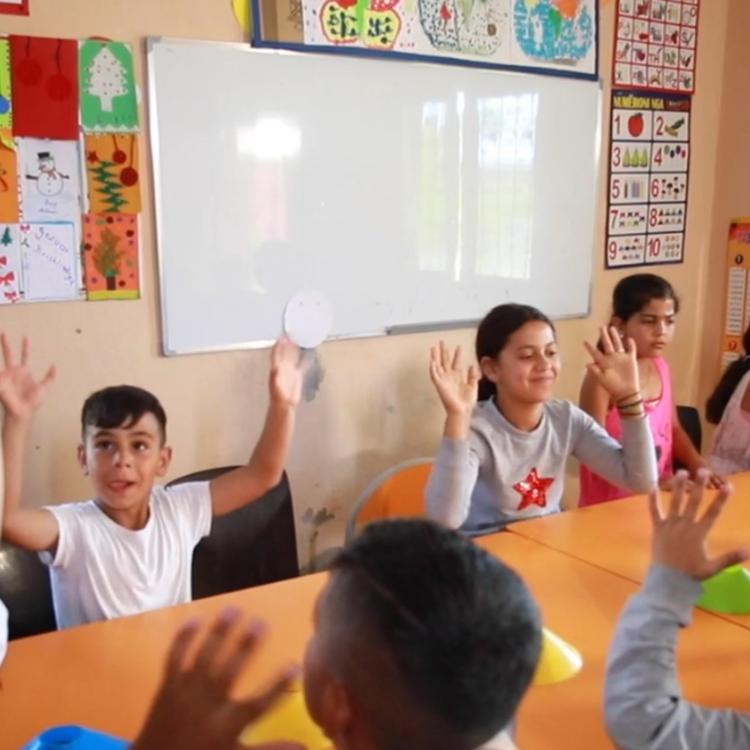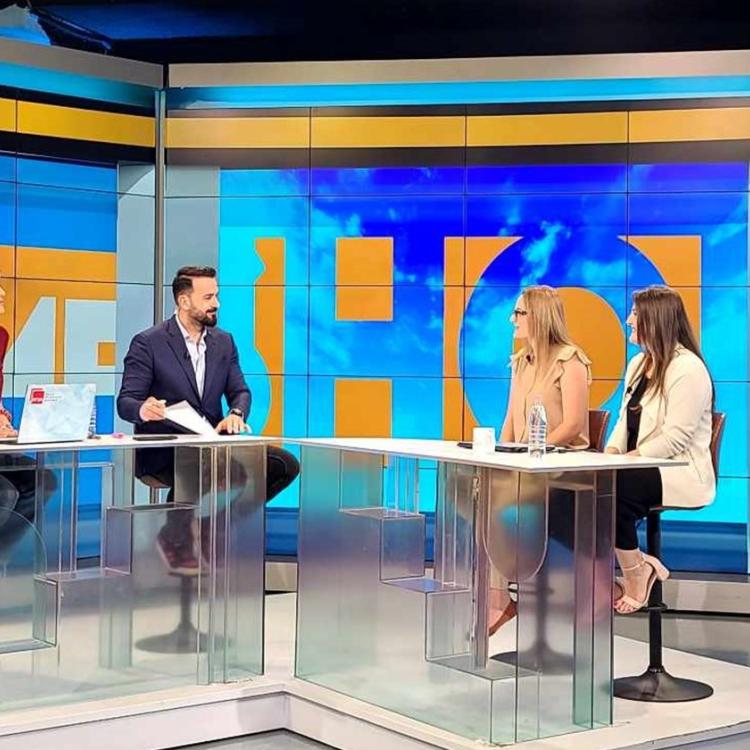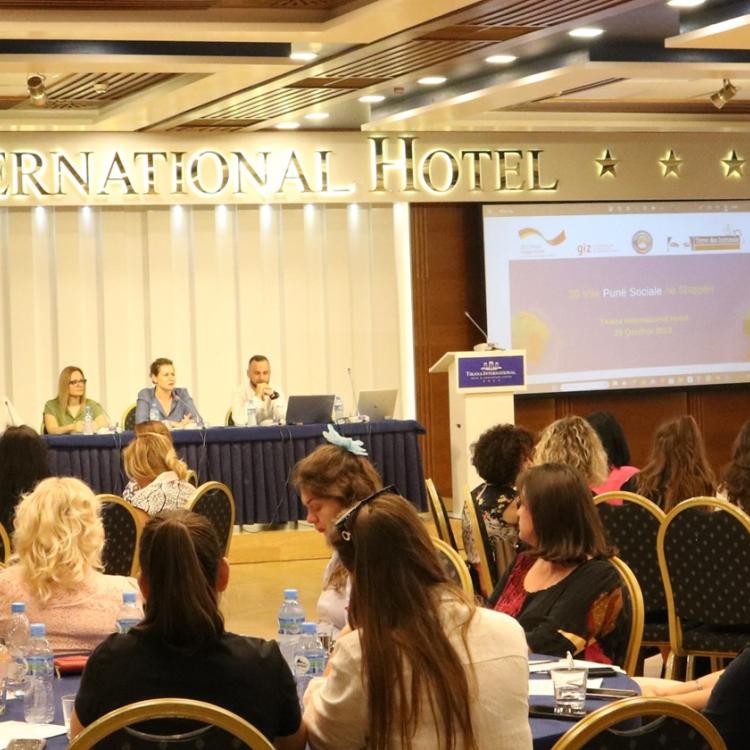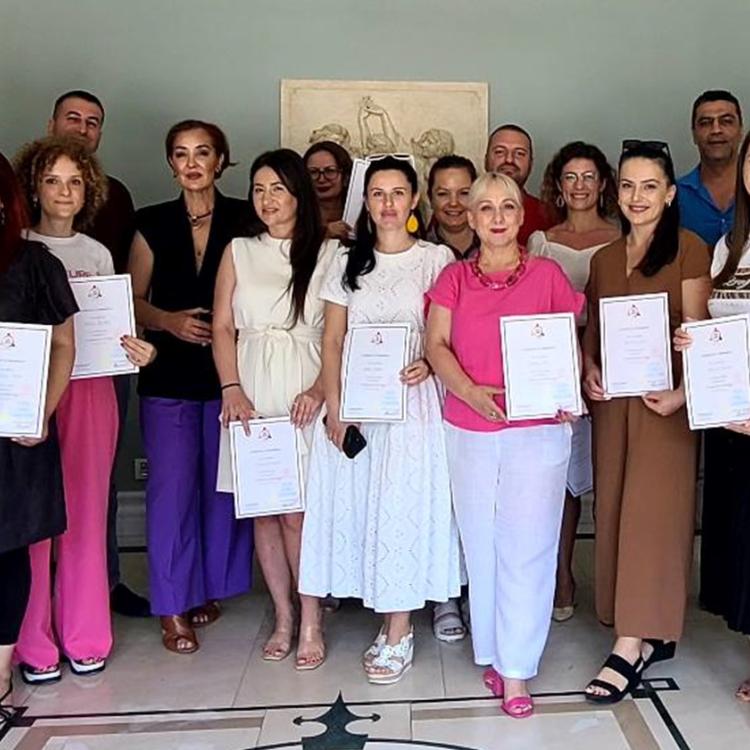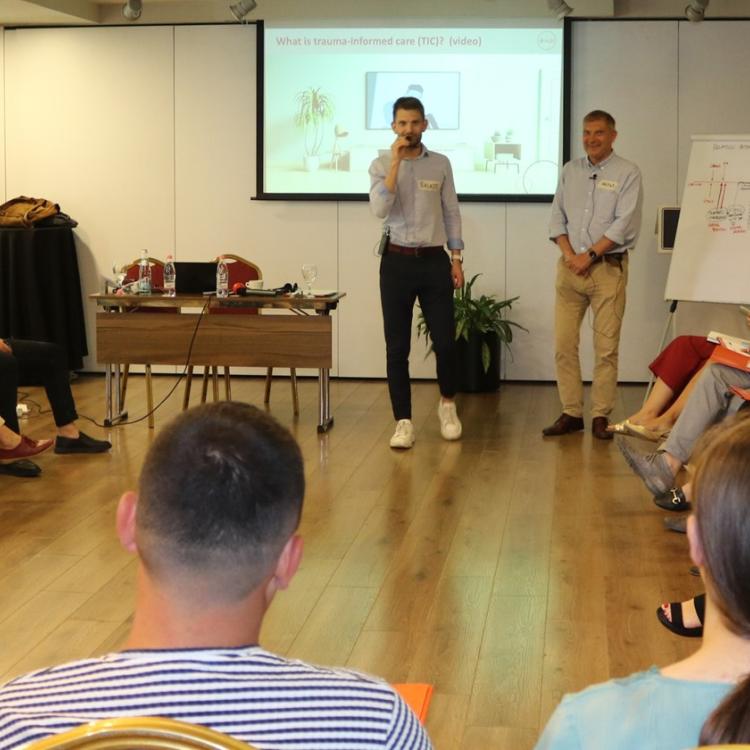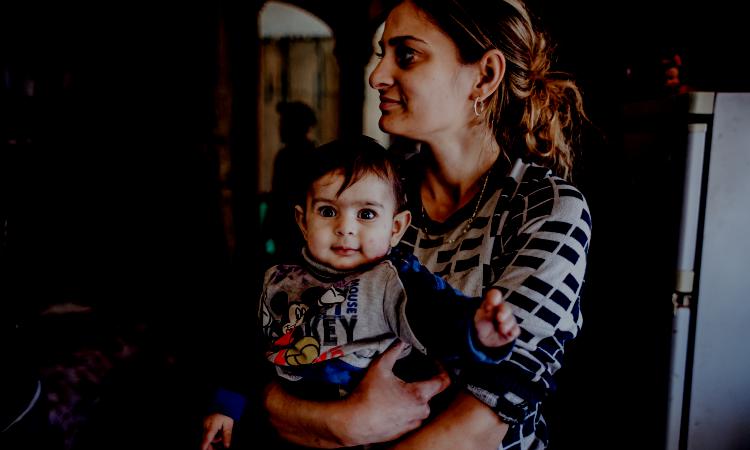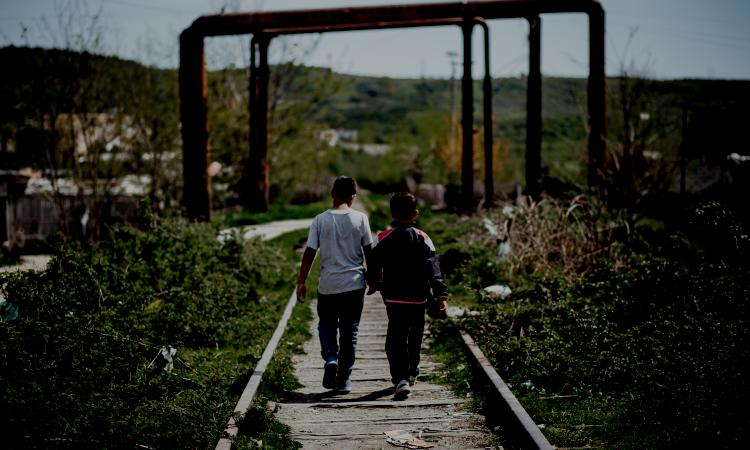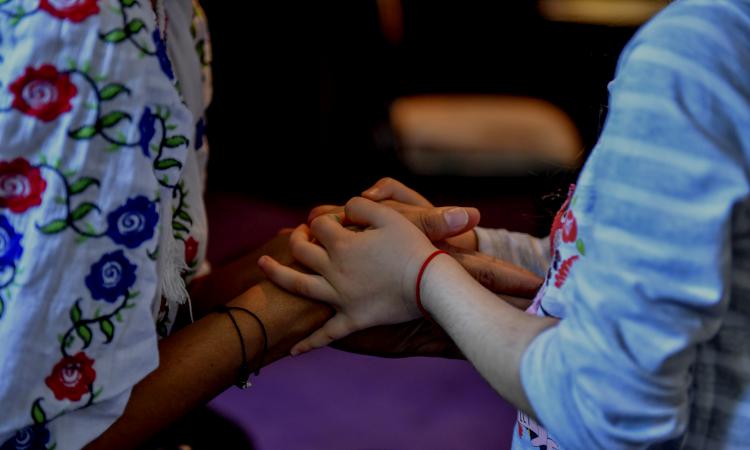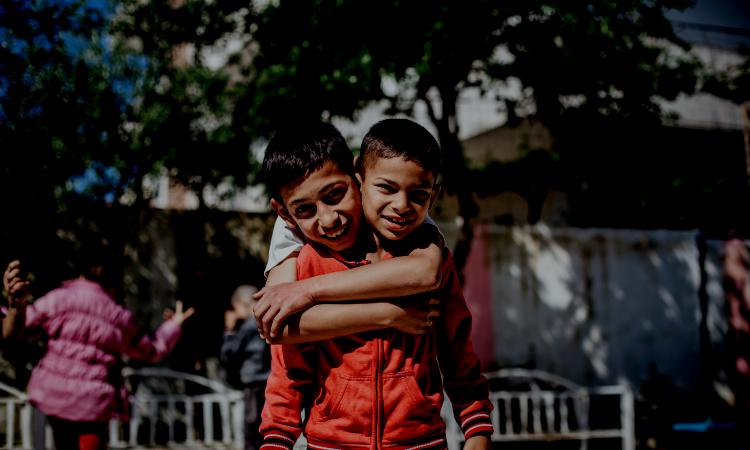This intervention responds to the root causes of unsafe and irregular migration which remain the main barrier for the returnee’s reintegration upon their return to Albania, incl. weak economy and high unemployment particularly among youth and women, low skill profiles of vulnerable returnees, social exclusion of marginalized and remote communities as well as lack of access to care services.
Goal
The project aims to achieve:
- Improved access to social care services for the reintegration of vulnerable returnees through outreach work, multifunctional community services and referral to local services as per identified needs.
- Long term economic empowerment of vulnerable returnees, through concrete employment and self-employment opportunities and development of professional skills.
- Improve the coordination and capacities of duty-bearers and key stakeholders, to identify migrants, deliver quality socio-economic services and interventions and build sustainable policies and strategies for migrants.
Through the project “Sustainable Socio-Economic Reintegration of Returned Migrants in Albania” Terre des hommes aims to achieve the sustainable reintegration of vulnerable returnees in Albania by empowering and capacitating them to improve their living conditions while ensuring the access to quality and integrated services responding to their needs. The proposed project aims to address the two folds problems:
- Improve the socio-economic situation of the returned migrants.
- Ensure sustainable reintegration of migrant children and families into the society.
The action builds upon the five-year experience of Terre des hommes, Albania, in conceptualisation and service provision aiming the reintegration of vulnerable returned migrants, piloting new models, enhancing coordination efforts while proving access to quality services to returnees based on their needs.
From this project, benefits:
- 300 people (out of which a minimum of 30% are females) affected by migration (beneficiaries) whose knowledge of the risks linked with migration and of the means to prevent these risks is strengthened thanks to appropriate information sharing.
- 160 local service providers (out of which a minimum of 50% are females) will increase their professional capacities to provide quality services and coordinated interventions for returnees.
- 268 beneficiaries (out of which a minimum of 30% are females) will be involved in economic empowerment measures and at least 60% of them will be employed or self-employed.
- 1028 beneficiaries will have access to services that meet their needs (Case management; Economic empowerment; MFCC activities).
DURATION: December 2021 - June 2023
TARGET AREAS: Kukes, Shkodra, Lezha, Durres, Elbasan and Fier
PROJECT PARTNERS: Murialdo Social Centre (Fier) and Initiative for Social Change - ARSIS (in Durres) The action Sustainable Socio-Economic Reintegration of Returned Migrants in Albania is funded by the German Government in cooperation with GIZ Albania, through the Migration for Development program, DIMAK Albania.
